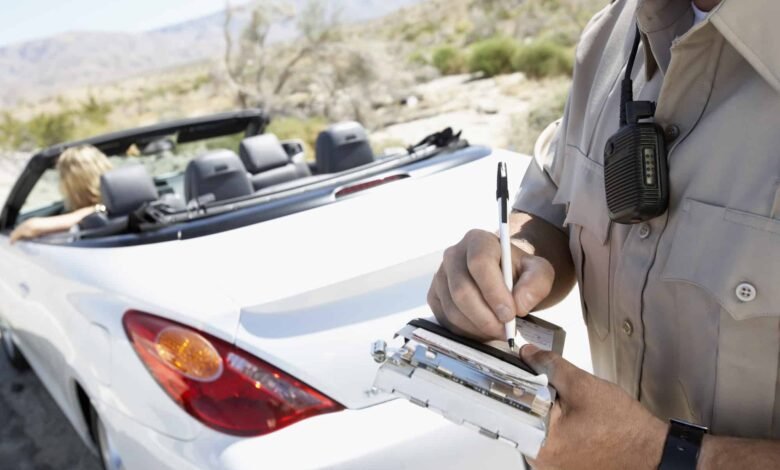Speeding Ticket vs Reckless Driving: What’s the Difference?

Have you recently received a speeding ticket? If so, there’s a good chance it was for reckless driving.
Might be sound confusing, right?
Many people are familiar with traffic violations, but confusion can exist when faced with the differences between speeding vs reckless driving. We’re here to shed some light on the infractions, what can result from one, and how to fight them if you feel you’ve been given unjust punishment.
Read on!
Definition
When drivers exceed the posted speed limit, they usually get a ticket. It is a traffic law violation that focuses on the specific act of going faster than the limit.
On the other hand, reckless driving is driving a car in a way that shows you don’t care about other people’s safety. It includes more dangerous driving habits than going faster than the speed limit.
Severity
Speeding tickets are considered less serious and are often categorized as minor traffic violations. They are viewed as relatively common mistakes that drivers can make, often resulting from inadvertent speeding.
Reckless driving, however, is a much more serious offense. It is seen as a deliberate and reckless disregard for the safety of others on the road, posing a significant risk to oneself and others. As a result, it is often classified as a misdemeanor or even a criminal offense in many jurisdictions.
Penalties
When someone gets a ticket for speeding, they generally have to pay a fine and get points added to their license. Most of the time, how bad the penalties are based on how bad the speeding offense was. If you get too many points on your license, your insurance rates may go up, and, in some situations, your license could be taken away.
On the other hand, careless drivers can get much heavier punishments. Some of these penalties include large fines, suspension or revocation of a driver’s license, required driver education programs, probation, community service, and, worst cases, jail time. This is especially true if reckless driving hurts others or damages property.
Driving Record
Speeding tickets usually go on a driver’s record as a traffic violation, and if a driver gets too many tickets, their license could be taken away, or their insurance rates could go up.
A reckless driving ticket is a more serious crime, which can have a bigger effect on a driver’s record. It could lead to a criminal record and hurt the driver’s chances of getting a job in the future. In cases of reckless driving, seeking professional legal advice from a traffic lawyer about reckless driving defense can help navigate the complex legal process and protect your rights.
Legal Implications
Most of the time, driving without care is a crime, which means that the driver broke the law in a way that put other people in danger. So, it can have legal consequences beyond traffic fines, like probation, required therapy or treatment programs, and in some cases, a permanent criminal record.
Knowing the Difference Between Speeding Ticket vs Reckless Driving
Speeding tickets and reckless driving are both serious offenses. However, their difference hinges on the degree of danger to which a driver willfully puts other drivers and property. A speeding ticket is minor and can usually be handled with a fine or court appearance. Whereas reckless driving is a more serious offense with stiffer consequences.
The best course of action is to avoid these offenses altogether by driving safely and responsibly.
We hope this article was helpful to you. If you enjoyed it, be sure to check out our blog for more valuable information and resources.
Also read:





